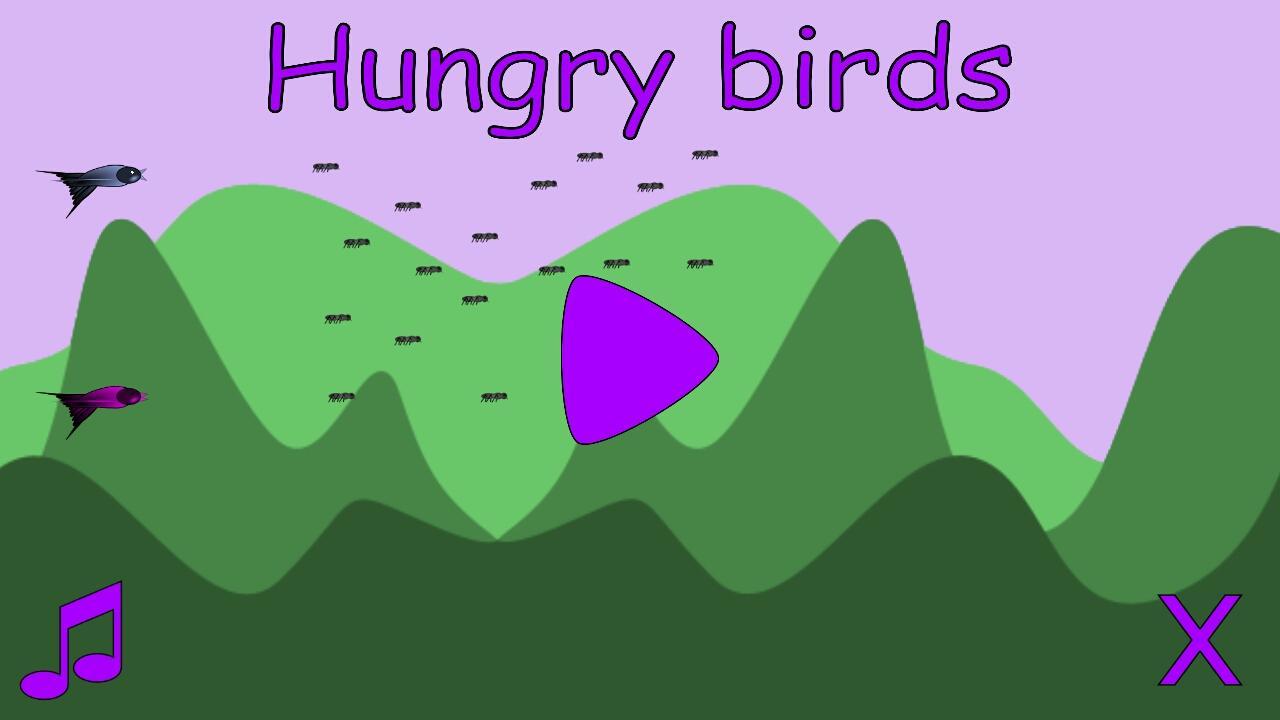Hungry Birds
About Hungry Birds
1. The Importance of a Well-Balanced Diet
When it comes to achieving a healthy and fit body, one of the key factors to consider is your diet. Many people believe that eating less is the ultimate solution to weight loss and achieving a faster metabolism. While it is true that consuming fewer calories can lead to weight loss, it is crucial to strike a balance and ensure that you are nourishing your body with the right nutrients.
1.1 Fueling Your Body
Think of your body as a car. Just like a car needs fuel to run efficiently, your body needs food to function optimally. When you deprive your body of essential nutrients by drastically reducing your food intake, you may experience a decrease in energy levels and a slower metabolism. This can hinder your ability to perform at your best, both physically and mentally.
1.2 The Dangers of Extreme Dieting
While it may be tempting to go on a crash diet in pursuit of quick weight loss, extreme dieting can have serious consequences. When you restrict your food intake too severely, your body enters a state of starvation. This can lead to muscle loss, nutrient deficiencies, and a weakened immune system. In extreme cases, it can even result in organ failure and death.
2. Striking a Balance
So, how do you achieve a healthy and sustainable weight loss while still nourishing your body? The key lies in striking a balance and adopting a well-rounded approach to your diet. Here are some tips to help you find that equilibrium:
2.1 Portion Control
Instead of drastically cutting out entire food groups or severely restricting your calorie intake, focus on portion control. By being mindful of your portion sizes, you can enjoy a variety of foods while still maintaining a calorie deficit for weight loss.
2.2 Nutrient-Dense Foods
Opt for nutrient-dense foods that provide you with the essential vitamins, minerals, and macronutrients your body needs. Include plenty of fruits, vegetables, whole grains, lean proteins, and healthy fats in your diet. These foods not only fuel your body but also support overall health and well-being.
2.3 Listen to Your Body
Pay attention to your body’s hunger and fullness cues. Eat when you’re hungry and stop when you’re satisfied. This intuitive eating approach allows you to nourish your body based on its needs, rather than arbitrary rules or restrictions.
3. The Role of Exercise
While a well-balanced diet is crucial for weight loss and overall health, it is important to complement it with regular physical activity. Exercise not only helps burn calories but also boosts your metabolism, improves cardiovascular health, and enhances muscle tone.
3.1 Finding an Exercise Routine
Discover physical activities that you enjoy and can incorporate into your daily routine. Whether it’s running, swimming, dancing, or practicing yoga, finding an exercise routine that you look forward to will increase your chances of sticking with it in the long run.
3.2 Combining Cardiovascular and Strength Training
A well-rounded exercise routine should include both cardiovascular exercises, such as brisk walking or cycling, and strength training exercises, like lifting weights or bodyweight exercises. Cardiovascular exercises help burn calories and improve heart health, while strength training builds lean muscle mass, which can boost your metabolism.
3.3 Rest and Recovery
Remember that rest and recovery are just as important as exercise itself. Giving your body time to rest and repair allows your muscles to grow stronger and helps prevent injuries. Aim for at least one or two rest days per week to allow your body to rejuvenate.
4. Seeking Professional Guidance
If you’re unsure about how to create a well-balanced diet or design an exercise routine that suits your needs, it can be beneficial to seek professional guidance. Registered dietitians, nutritionists, and certified personal trainers can provide personalized advice based on your individual goals and health conditions.
4.1 Consult a Registered Dietitian or Nutritionist
A registered dietitian or nutritionist can help you develop a customized meal plan that aligns with your weight loss goals and dietary preferences. They can provide guidance on portion sizes, food choices, and nutrient balance, ensuring that you meet your nutritional needs while still achieving your desired results.
4.2 Work with a Certified Personal Trainer
A certified personal trainer can assess your fitness level, help you set realistic goals, and create an exercise program tailored to your specific needs. They can teach you proper exercise techniques, monitor your progress, and provide motivation and accountability along the way.
5. The Bottom Line
While it may be tempting to believe that eating less is the key to a faster metabolism and weight loss, it is important to approach your diet and exercise routine with balance and sustainability in mind. By nourishing your body with nutrient-dense foods, practicing portion control, and engaging in regular physical activity, you can achieve your weight loss goals while still maintaining your overall health and well-being.
Remember, it’s not about starving yourself or pushing your body to the extreme. It’s about finding a healthy and enjoyable lifestyle that you can sustain in the long term. So, fuel your body, move it, and seek professional guidance when needed. You’ve got this!

